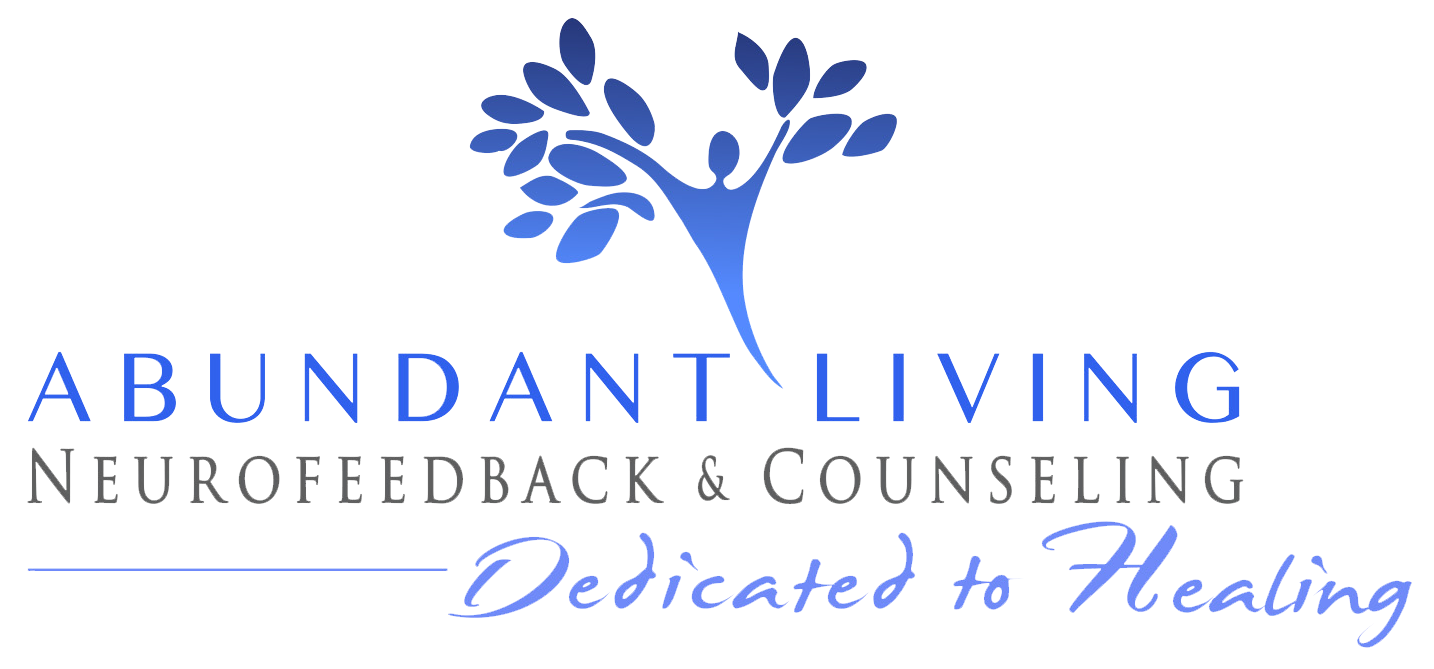What Does Ketamine Therapy Feel Like?
Over the past five decades, healthcare providers have used ketamine as an anesthetic, pain alleviator, and sedative during surgical procedures. Recently, it has obtained clinical approval for treating individuals with different mental disorders to other treatment forms. This article will explore how it works and what does ketamine therapy feel like?
Who Is Likely to Benefit the Most from Ketamine Therapy?
Ketamine therapy is primarily intended for individuals experiencing severe mental illness who have found little or no relief from other medications. The treatment has undergone extensive research, particularly in individuals with treatment-resistant depression and acute suicidal tendencies.
Additionally, it has shown potential benefits for patients with conditions like post-traumatic stress disorder (PTSD), obsessive-compulsive disorder (OCD), bipolar depression, and anxiety disorders, much more. However, individuals with certain conditions, such as psychosis, are generally not suitable candidates for ketamine therapy.
Is There Any Evidence That Supports the Significance of Ketamine Therapy
Numerous studies demonstrated that ketamine therapy could serve as a rapid and effective treatment, demonstrating significant symptom relief within hours or days. Although there is a lack of long-term data, initial small-scale studies have indicated that approximately 50 to 70 percent of patients experienced a substantial reduction in depression symptoms through ketamine therapy. In contrast, traditional antidepressants often take several weeks to become effective and may not work for specific individuals.
While conventional antidepressants primarily impact the levels of specific brain chemicals associated with mood and emotion, ketamine acts on a different neurotransmitter called glutamate. By influencing glutamate, ketamine initiates a series of biochemical, structural, and functional changes within the brain. It is hypothesized that ketamine enhances the brain’s adaptability and receptiveness to therapy and alternative thought processes.
What Happens During Ketamine Treatment?
During ketamine therapy, a patient receives controlled doses of ketamine to induce a unique therapeutic state. Typically administered intravenously or through a nasal spray, the patient is closely monitored by medical professionals throughout the session.
In a clinical setting, the patient sits in a comfortable chair. The number of ketamine sessions can vary. But it is commonly recommended to undergo an initial course of six treatments within two to three weeks.
In addition to the medication, talk therapy may also be included as part of the overall treatment plan, often conducted after the effects of the drug have subsided.
How Would You Describe the Experience of Ketamine Therapy
Taking the medication might make you feel relaxed and disconnected from your surroundings. Your sense of time and space might also change. Some people say it feels like being in a dream, where your thoughts and feelings become more flexible, and you think deeply about yourself.
You might feel like the line between who you are and your thoughts blurs, allowing you to think about your experiences and emotions. Ketamine therapy often makes people feel calm and peaceful, giving them a break from feeling anxious, depressed, or affected by trauma.
Everyone’s experience is different, but many people say they feel a strong sense of relief, become more aware of themselves, and have important realizations during their therapy sessions, which helps them heal and grow as a person.
How Much Does Ketamine Therapy Cost? Will Insurance Pay for It?
The cost of ketamine therapy can vary depending on several factors. These factors include location, clinic, and treatment duration. However, it is crucial to note that costs may differ. As for insurance coverage, it is worth checking with individual insurance providers as policies can vary.
While some insurance companies may cover ketamine therapy for certain conditions, such as treatment-resistant depression, others may not provide coverage. It is advisable to contact your insurance provider directly to inquire about the specifics of your policy and potential reimbursement options.
Is It Possible for People to Engage in Self-Medication Using Ketamine
Are you thinking about using ketamine as a treatment? We recommend you discuss with a reliable healthcare provider or clinician to explore the available options. It is strongly discouraged to self-medicate with ketamine since it can lead to both physical and psychological drawbacks.
When individuals use ketamine without proper monitoring, they may become dependent on it over time. Psychologically, ketamine can bring back memories of traumatic events. Hence, supervision from medical professionals is crucial in case patients need assistance or guidance.
Related Posts
Transcending Fear
By Anna Raab, M.A. Counseling, BCN As I’m sitting here writing this article I am,...
Grief: When the Unthinkable Happens
By Anna Raab, M.A., BCN, Abundant Living Neurofeedback and Counseling This...
The Perfect Storm of Pain
By Anna Raab, M.A. Counseling, BCN A few months ago, I wrote an article called...




